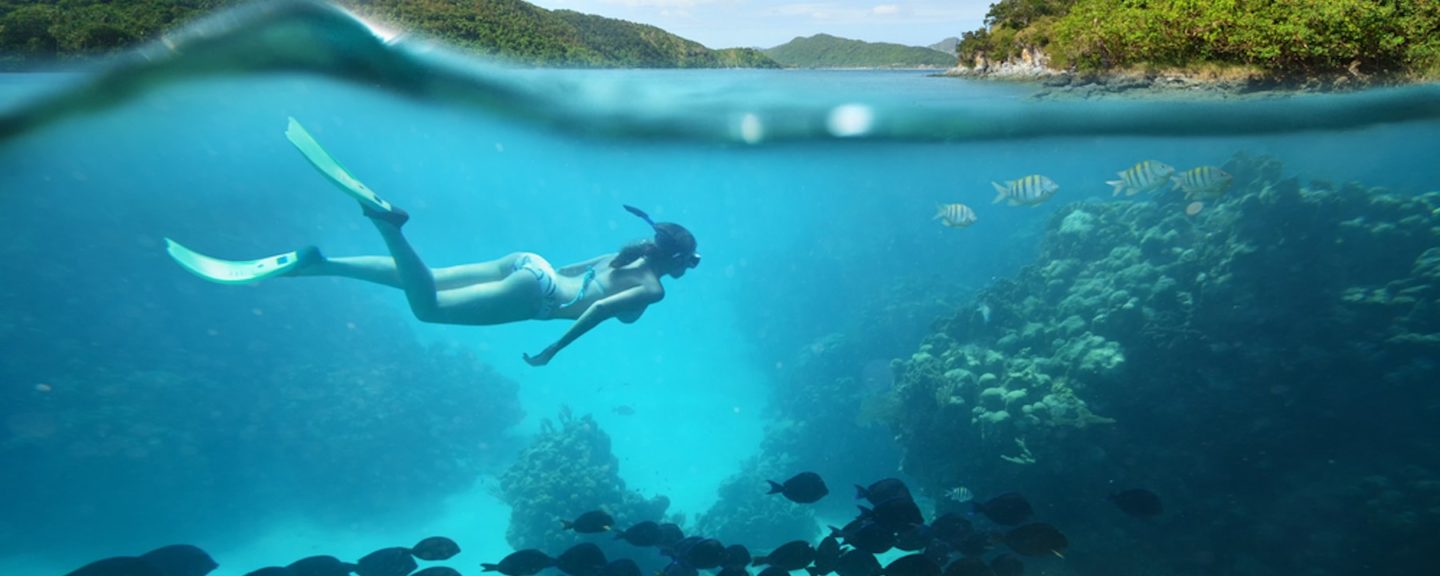
Sooo, I didn’t promise myself much in the way of New Year’s resolutions this year but finally becoming a certified scuba diver is 100% happening for me in 2017. I want to open myself up to a whole new world of exploration opportunities! With 71% of the Earth’s surface is water-covered, only people lucky enough to dive (or are hella good snorkelers!) can experience those wonders first hand. So this year my goal is to dive with amazing sea creatures, swim through historical wrecks, and see beautiful corals up close.
But you’ve got to stay safe! As a newbie, here is my top tips so far on diving safety gathered from the world’s most experienced divers >>>
Don’t head straight to the waters
When you fly in, the first thing you probably want to do is go diving. But after a flight you should give yourself the chance to rest. Flights can take it out of you and leave your body more tired that you know, so it wouldn’t be safe to go diving straight away. Instead, let yourself settle in and recharge before heading to the waters feeling refreshed.
Listen to warnings on tides and currents
Around the world, some dive sites are renowned for their unpredictable currents – in Bali, for example (where I started this quest of mine in 2016). Waters can be calm one moment and wild the next. As the Secret Traveller says, respect the power of the ocean and be sure you stay across all warnings on tides and currents. They also recommend only diving with reputable PADI-certified operators if you’re new to diving.
Research your operator
It’s important to research the operator you choose to go with. Whilst most are completely legit, Scubaboard have horror stories of companies using sub-par dive equipment or not following safety procedures.
You’re looking for an operator with instructors that are all PADI-certified and hold an open water diving license.
Cover your feet
It may seem like a silly thing but injuring your tootsies is a sure way of ruining your trip. Underwater there are stonefish, sea urchins, and coral among the reefs and seabed that could easily cut your skin. Unless you want to hobble around or miss dives altogether, you should wear appropriate coverage on your feet.
Even when you’re covered, it’s important to watch where you put your feet down as you could injure or kill an underwater creature easily by being clumsy.
Dive for your ability
Finally, one of the most important things I’ve been told is that I should only dive to my ability. Any diver, but for sure us newbies, are most at risk when we try to go out of our depth. With the abundance of dive spots on offer across the globe, especially here in Southeast Asia where I’m based, you can easily find plenty of places that cater to your ability.
XOXO Angela
© 2017, Angela Carson and LuxuryBucketList.com. All rights reserved. Do not copy and reproduce text or images without permission.

